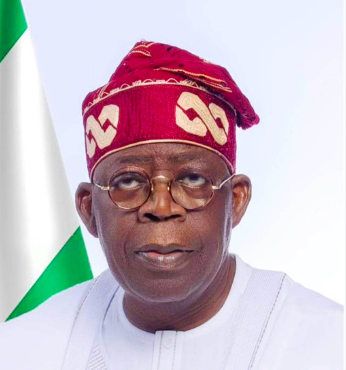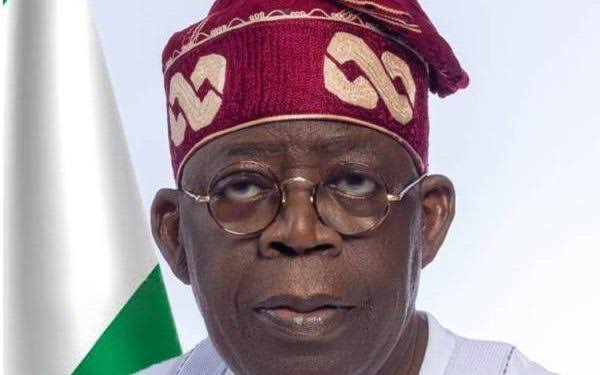By Milcah Tanimu
President Bola Tinubu is scheduled to meet with labour leaders on Thursday to finalize discussions on a new minimum wage. This comes as the Association of Local Government of Nigeria (ALGON) calls for a revised revenue allocation formula to better support the country’s 774 local government areas.
Minister of Information and National Orientation, Mohammed Idris, announced the upcoming meeting following the 15th Federal Executive Council (FEC) meeting at the State House in Abuja. This meeting will continue the consultations initiated last week, during which no consensus on the new minimum wage was reached.
An amendment to the budget will be sent to the National Assembly once a consensus is achieved. Last week’s session ended without agreement, with proposals of N62,000 from the government and private sector, and N250,000 from Organized Labour.
Idris highlighted that the government is working diligently to establish a sustainable minimum wage that accommodates the needs of the federal, state, and private sectors. The upcoming discussions will aim to reconcile differing views before a proposal is submitted for legislative approval.
Additionally, ALGON President Aminu Mu’azu-Maifata has urged an increase in monthly allocations to local governments to enable them to comply with the new wage laws. He emphasized that without an adjustment in the revenue-sharing formula, local councils would struggle to meet these financial obligations.
Mu’azu-Maifata also praised President Tinubu’s commitment to local government autonomy, which he believes will enhance grassroots democracy and allow councils to make impactful decisions for their communities.
As the nation awaits the final decision on the minimum wage, local government leaders are encouraged to prioritize salary payments, healthcare, education, and security to improve the quality of life at the grassroots level.



